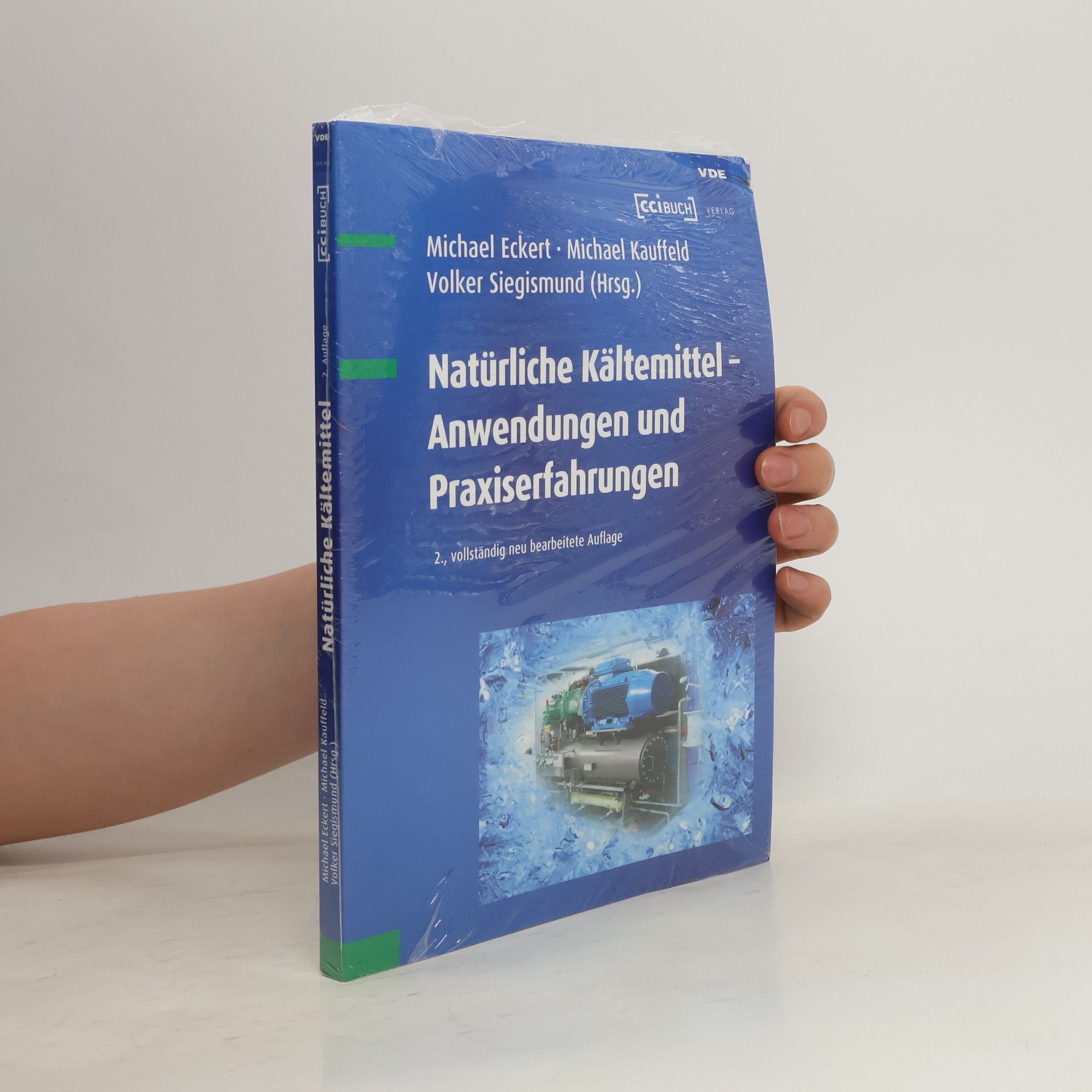Establishing Quantum Physics in Munich
Emergence of Arnold Sommerfelds Quantum School
- 100 páginas
- 4 horas de lectura
The book explores the pivotal role of Arnold Sommerfeld in the development of quantum theory at the University of Munich, highlighting his transformation from a mathematician to a key figure in theoretical physics. Appointed in 1906, Sommerfeld's charisma and networking skills established Munich as a hub for quantum physicists in the 1920s. His influence is evident in the successes of his students, including renowned figures like Wolfgang Pauli and Werner Heisenberg. Aimed at historians of science, it delves into the importance of personal and institutional connections in scientific advancement.


